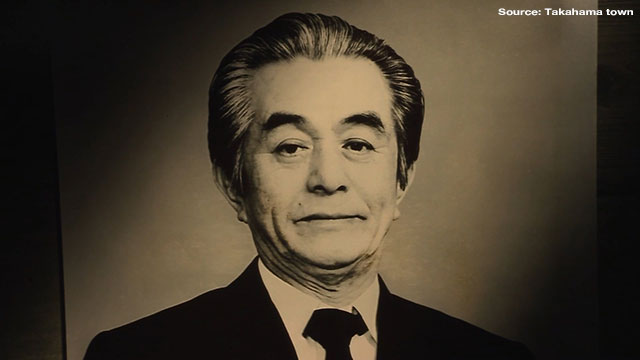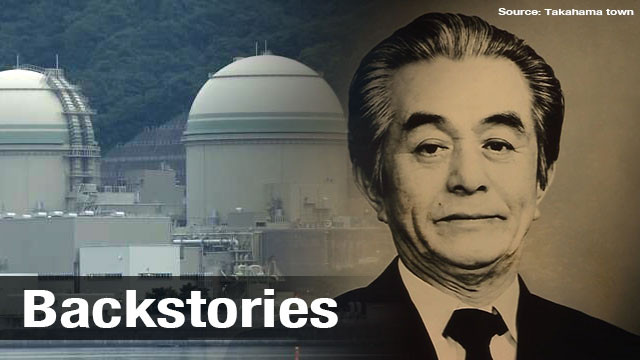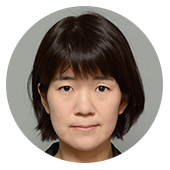Company president Shigeki Iwane said at a news conference last Friday that the money was paid by Eiji Moriyama, a former deputy mayor of the town of Takahama in Fukui Prefecture. Iwane said the payments and gift-giving occurred over a seven-year period from 2011. He said 20 officials received money, including the chairman, president and other top executives.
Kansai Electric, which operates the Takahama nuclear power plant, commissioned local construction companies to do work related to its facility. Sources familiar with the case say Moriyama received large sums of money from a local construction firm that won contracts from Kansai Electric. They say tax officials found that some of the money was paid to the executives.
Iwane says the executives returned the money and gifts in full or partially after the tax authorities found the irregularities, and that they amended their tax returns.
Iwane says he met Moriyama when he assumed the post of president, and to mark the occasion, the former deputy mayor handed him a package. He says he didn't know it was a very expensive gift. Executives also received money which they tried to return, but Moriyama refused to accept it.
The president mentioned that they were afraid they would hurt their relationship with the official if they forced him to take back the money and gifts.
Kansai Electric says it is investigating the nuclear division during the seven-year from 2011. But the company's chairman Makoto Yagi told NHK that he had received such gifts from as early as 2006.

An influential figure
Moriyama was known as an influential figure with strong ties with the local nuclear power industry.
He was in office for 10 years until he retired in May 1987. He previously served as the treasurer of the town and the manager of the town's general affairs department.
After retiring, he remained involved with the local administration in roles such as a member of the town's city planning council. He died in March at age 90.
A person who was familiar with Moriyama's work says it is not an overstatement to say that he had helped Kansai Electric Power Company grow and that without Moriyama, it would not have had a presence in the town.
Takahama Mayor Yutaka Nose says that Moriyama was deeply involved in negotiations between the construction firm and Kansai Electric. He says he got the impression that Moriyama played a special role.
But Nose had kept a distance from Moriyama, stating that his office has no direct links with him.

What’s behind the suspicious money flow?
During the news conference, Iwane said the executives were aware that it was inappropriate to receive cash and gifts, but he did not think it was illegal. He says the firm conducted punitive measures, and that he and the chairman will return part of their remuneration. But he did not go into further detail.
Lawyer Yasuyuki Takai doubts the claim that they kept the cash and gifts because it was awkward to return them. He points out that if this had been true, the natural thing to do would have been to ask the firm to return the gifts to Moriyama on their behalf.
He notes that if the payoffs had been planned from the beginning, this could constitute aggravated breach of trust by the Kansai Electric officials. And he says that regardless of its illegality, executives of a utility firm that plays a major role in the country's energy industry must not accept such money from contractors.
Ryukoku University Professor Ken-ichi Oshima says town authorities hosting nuclear power plants and power companies tend to be tightly connected through money. He says Kansai Electric spent several hundred billion yen to meet new safety regulations implemented after the 2011 nuclear accident. This led to a business boom for local contractors, and this is when the payouts came.
Economy, Trade and Industry Minister Isshu Sugawara says that if the reports are true, the acts are unforgivable. He says that the ministry will thoroughly investigate the matter and deal firmly with those involved.
The focus now is on the legal and ethical responsibilities of the people involved in the case.

